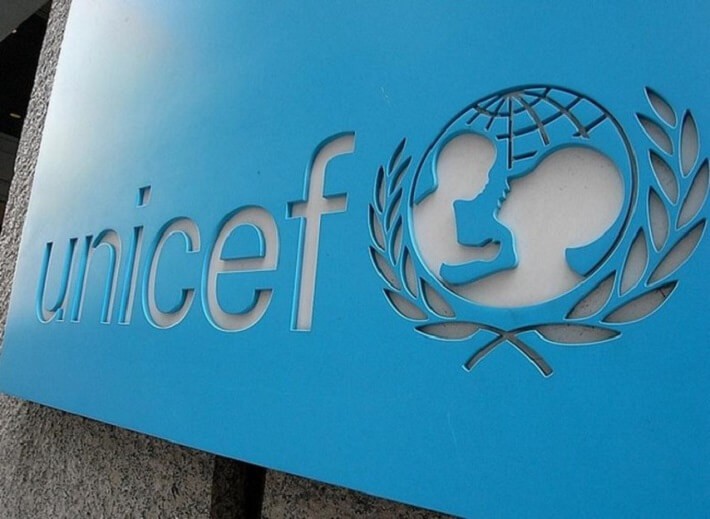The United Nations Children’s Fund (UNICEF) says about 7.8 million children in Kano State will be vaccinated against measles-rubella during the integrated measles-rubella and polio vaccination campaign scheduled for Oct. 6.
Mr Rahama Farah, Chief of UNICEF Field Office, Kano, disclosed this on Monday during a media dialogue, orientation and mobilisation session held ahead of the exercise.
Advertisement
Farah said the dialogue was aimed at providing accurate information to journalists and partners on the campaign, which would be conducted nationwide in two phases from Oct. 6 to Feb. 16, 2026.
“Our gathering highlights the crucial role the media plays in ensuring the well-being of children,” Farah said.
He explained that the campaign was planned in collaboration with the Federal Ministry of Health, the National Primary Healthcare Development Agency (NPHCDA), the World Health Organisation (WHO), Gavi, the Gates Foundation, civil society organisations, UNICEF and the Kano State Government.
“Kano State falls under Phase One of the national campaign, which will cover 21 states in two streams between Oct. 6 and 17, 2025,” he explained.
Advertisement
According to Farah, Kano recently conducted two In-between Round Activities (IBRA) targeting over 354,000 children under five years across 44 LGAs, recording 82 and 98 per cent coverage, respectively.
“For the October campaign, the NPHCDA, with UNICEF’s support has allocated 3,347 vaccination teams, 4.6 million doses of novel oral polio vaccine (nOPV2) and 4.5 million doses of bOPV, targeting 3.9 million children under five years of age.
“In addition, 7.8 million children aged between nine months and 14 years are expected to receive measles-rubella vaccines,” he added.
Farah said the campaign would adopt fixed posts, temporary posts and sweep teams strategies, supported by 44 LG vaccine accountability officers, 684 ward officers and three Vaccine Supply Logistics (VSL) personnel to ensure cold chain management.
He also outlined the communication support provided to the state, including banners, sermon guides, posters, carer messages and training for 3,300 health workers and 870 non-compliance resolution teams.
Advertisement
According to him, UNICEF and partners have deployed facilitators, voluntary ward supervisors, polio survivor groups and nearly 5,000 community mobilisers to boost coverage.
He expressed concern that despite progress, Kano had reported three cases of circulating variant poliovirus type 2 (cVPV2) in 2025, compared to 31 cases from 17 LGs in 2024.
“With only two months to the December target for stopping transmission, UNICEF calls on the state government to ensure timely flag-offs, release of counterpart funding, effective supervision and intensified social mobilisation,” he said.
He also lauded LG chairmen, who participated in previous review meetings, urging them to sustain their commitment during the forthcoming exercise.
Farah called on media organisations to use their platforms to disseminate accurate information, mobilise communities, and ensure that no child was left behind.
Earlier, Dr Ahmed Tijani, the Director of Disease Control and Immunisation, said that the campaign, the largest of its kind in sub-Saharan Africa, targeted 106 million children nationwide.
Advertisement
“The integrated exercise will cover measles, rubella, routine immunisation (including hepatitis and HPV vaccines), polio, and onchocerciasis.
Tijani explained that the integration aimed to improve efficiency, save costs, and reduce the burden of multiple campaigns on communities.
He said the inclusion of rubella in the measles vaccine was based on evidence that some children still developed mild measles after vaccination.
Kano State Coordinator, National Primary Health Care Development Agency, Maryam Umar, urged the media to intensify efforts in promoting accurate information on the ongoing Integrated Measles–Rubella and Polio Vaccination Campaign in Kano State.
She emphasised the crucial role of the media in ensuring that carers and communities were properly informed about the benefits of vaccination, campaign details, and targeted age groups.
“Our message is clear: We depend on you, the media, to share accurate information on the benefits of vaccination, the details of the campaign, and the targeted age groups,” Umar said.

